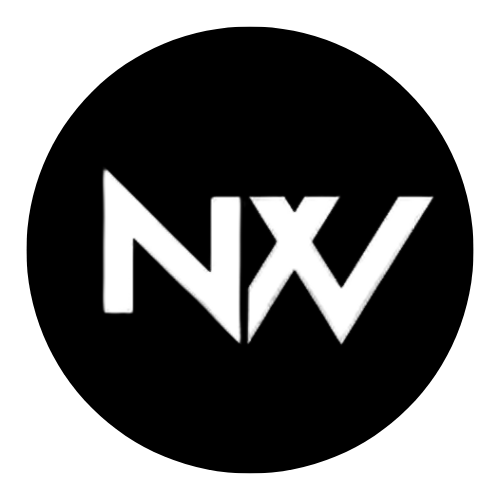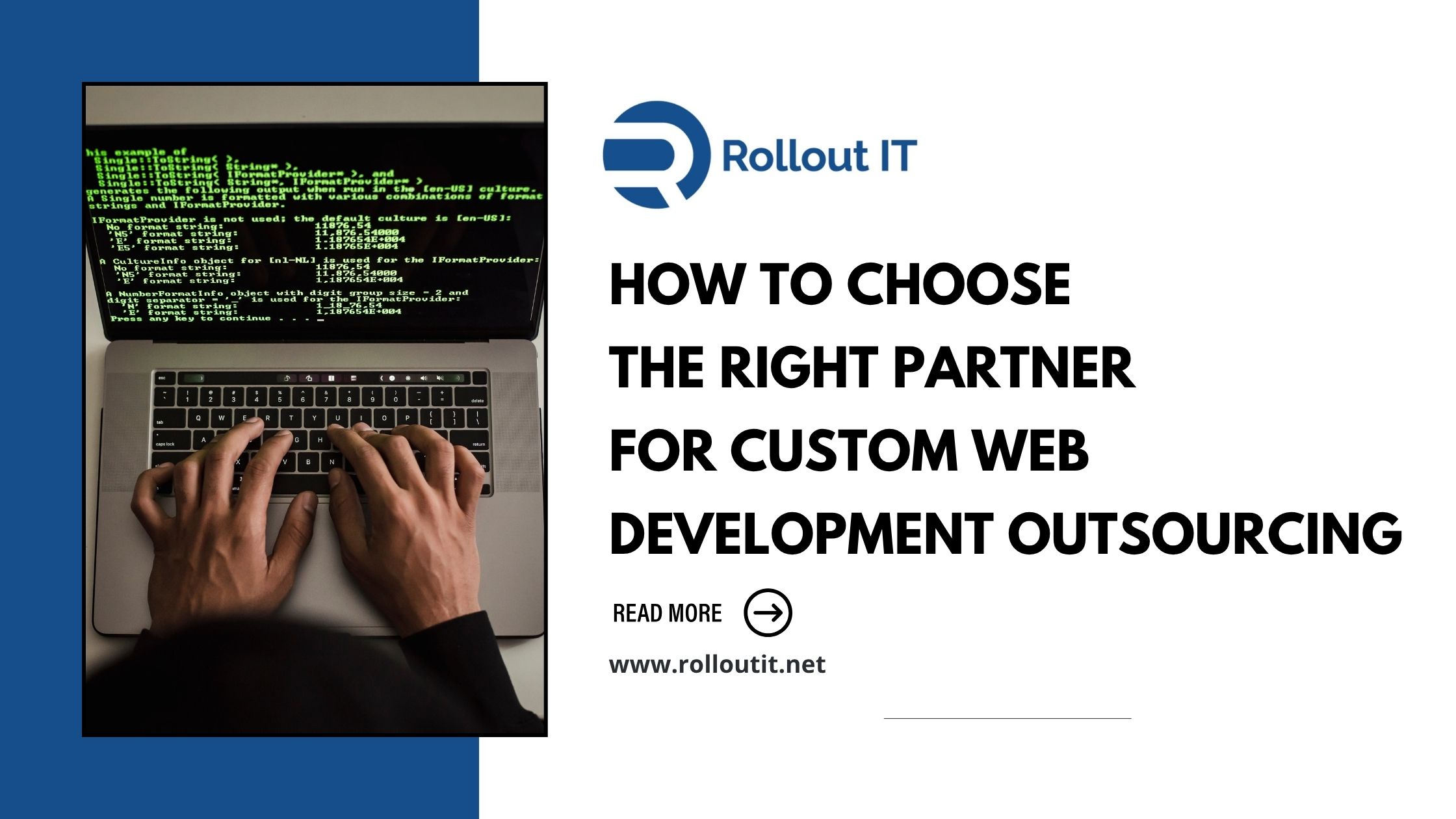Having a great website is important for every business today. But building and maintaining a custom website can be expensive and time-consuming. That’s why many companies choose custom web development outsourcing—they hire outside experts to handle it.
But picking the wrong partner can waste your time and money. This article will help you understand how to choose the right outsourcing partner step by step.
Why Outsource Custom Web Development?
Outsourcing web development has many benefits:
- Saves money compared to hiring a full-time in-house team
- Gives access to skilled developers from around the world
- Speeds up the development process
- Lets you focus on your business, not coding
To enjoy these benefits, you need the right partner who fits your goals.
1. Know What You Need First
Before you start looking for a web development company, be clear about your needs. Ask yourself:
- What kind of website or app do I want?
- What features should it have?
- What is my budget?
- When do I want it done?
Write down your ideas clearly. This will help companies understand your project and give better suggestions and quotes.
2. Check Their Skills and Experience
Make sure the team you hire knows how to build what you need. Ask about their knowledge in:
- Frontend (what users see): HTML, CSS, JavaScript, React, etc.
- Backend (what runs in the background): Node.js, PHP, Python, etc.
- CMS (Content systems like WordPress or Magento)
- Databases (like MySQL, MongoDB)
- Website security
Look at their past work or case studies. If they have done similar projects before, that’s a good sign.
3. Make Sure They Communicate Well
Good communication is key when working with an outside team. Make sure they:
- Speak and write in your language clearly
- Use tools like Zoom, Slack, or email regularly
- Are available in your working hours or flexible with time zones
- Give regular updates on progress
A team that responds quickly and explains things clearly will be much easier to work with.
4. Look for Flexibility
Your needs may change over time. Choose a partner who can grow with you. Ask:
- Can they add more developers if needed?
- Do they offer different working models (hourly, monthly, full project)?
- Can they adjust if you change the plan?
A flexible team will help your project stay on track, even if things change.
5. Read Reviews and Check Reputation
Don’t just trust what they say—check what others say about them. Look for:
- Reviews on websites like Clutch, GoodFirms, or Google
- Testimonials on their website
- Client references you can contact
Good companies will have positive reviews and happy clients. Avoid anyone with bad reviews or no proof of past work.
6. Ask About Security and Privacy
Your website may include private business data. Ask your partner:
- Will you sign a Non-Disclosure Agreement (NDA)?
- How will you keep my data safe?
- Do you follow data laws like GDPR?
Security is very important, especially for e-commerce or websites that collect user info.
7. Understand Their Work Process
Ask how they plan and build websites. Some teams use methods like Agile or Scrum to build in steps. Find out:
- How do you plan the project?
- How do you test it before going live?
- How often can I give feedback?
- What happens after the website is launched?
Knowing their process helps you stay involved and avoid surprises.
8. Look for a Long-Term Partner
Some projects don’t end after the launch. Choose a partner who is ready for long-term support. Ask:
- Can you help with future updates or fixes?
- Do you offer support after launch?
- Will the same team work with me again if I return later?
It’s better to work with someone who wants a lasting relationship—not just quick profit.
9. Understand the Pricing and Contract
Ask for clear pricing. Some teams charge:
- Fixed price – for clearly planned projects
- Hourly rate – if the project might change
- Monthly team – for ongoing work
Make sure the contract includes:
- Scope of work
- Delivery timeline
- Payment schedule
- Support details
- What happens if the project ends early
Clear contracts avoid confusion later.
10. Start with a Small Task First
Before giving them a big project, try a small one. For example:
- Build a basic feature
- Design a home page
- Make a simple demo
This helps you test their skills, speed, and how they communicate. If it goes well, you can move forward with confidence.
Conclusion
Choosing the right partner for custom web development outsourcing can make your business stronger and save you time and money. But you need to take the time to:
- Know your goals
- Check skills and experience
- Make sure they communicate well
- Look for flexibility and long-term support
A good partner will feel like a part of your team. With the right choice, your website or app can be a powerful tool for growth.



